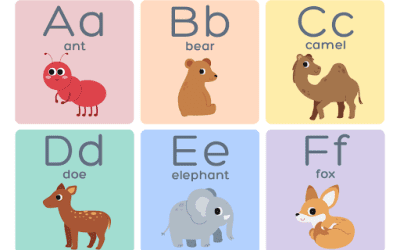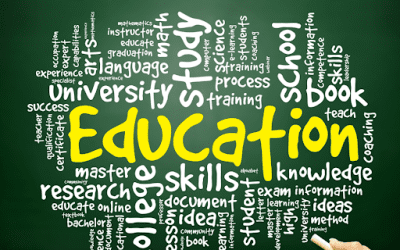What knowledge are the students expected to already have?
When designing a lesson for Higher Ed., you have to remember that students come from all areas of the country and have different academic and social backgrounds. Understanding what the expected knowledge is before you start to develop a course will allow you to reduce the amount of re-teaching of prerequisites and focus on the new expectations. Knowing what the student should already know will also allow you to build on that knowledge to incorporate the new concepts at an attainable level of understanding.
What are the students’ cognitive abilities?
This is a hard question to answer in Higher Ed. Students have a range of cognitive abilities in any level of education, and Higher Ed is no exception. It is easy to build a course that uses so-called “college-level thinking” with big words and terminology. However, in education today we are more aware that all students are not at the same academic level. We need to be aware that not all students have the cognitive ability to understand the big words and terminology from the start. Making the course accessible to all students, no matter their cognitive level, should be a main goal.

What knowledge are the students expected to have after completing the course?
This is one of the most important questions when developing courses for Higher Ed. Understanding the objectives of the course and how a student should be assessed can influence whether a student passes or fails. If learning just the bare minimum about the content is acceptable, then the course doesn’t need to assess every minor detail. However, if the students are expected to know every aspect about the subject matter, then the assessments should assess each individual component. There is also the matter of how students should show understanding. Does the student simply need to memorize facts and definitions that can be tested from traditional computer-based testing? Or is the understanding shown through a hands-on approach or lab requiring an online simulation or teacher-monitored experience? This is an important planning question because finding online simulation platforms or developing rubrics for a teacher takes time and resources. Students depend on the course to provide the knowledge they need to earn the degree and possibly use in the workforce, so it’s important to understand what the student is expected to know by the end of the course.

How can I engage adults with the materials in the course?
Answering this question doesn’t necessarily mean what type of gaming, graphics, or fun stuff should be added to the course to make the student interested. It means how do you convince the student that the information provided in the course is going to be useful in life or his/her career. Engaging adults is probably more difficult than engaging young children—adults won’t respond to cute games like children will. Adults want to know that they are learning something that will be beneficial to themselves and useful at some point in their life. This is a big question in Higher Ed. and probably one of the hardest ones to answer in some content areas. Make sure you can relate the course material to a useful life skill, knowledge, or application.




